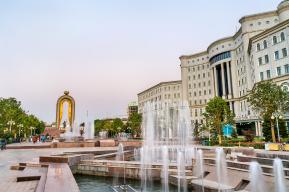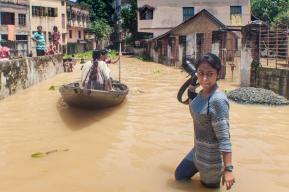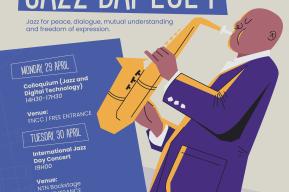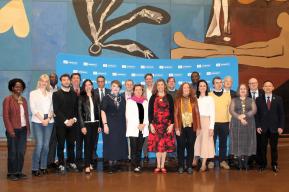Press release
MONDIACULT 2022 : States adopt historic Declaration for Culture
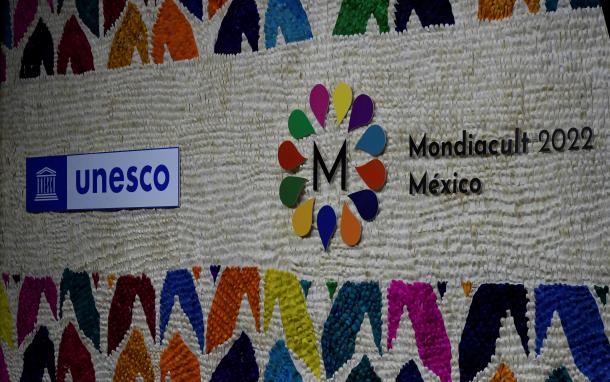
MONDIACULT 2022, the largest world conference devoted to culture in the last 40 years, brought together nearly 2,600 participants over three days in Mexico City. At UNESCO’s and Mexico’s invitation, 150 States sent delegations to the conference, 135 of them were represented at the highest level by ministers of culture.
Culture has a fundamental role in our societies. Through culture people can discover their common humanity and become free and enlightened citizens. Yet, despite progress, it still does not have the place it deserves in public policies and international cooperation. MONDIACULT 2022 is a powerful signal to change this. The Declaration adopted today is a commitment to action.

In the Declaration, the fruit of ten months of multilateral negotiations led by UNESCO, States affirm for the first time that culture is a “global public good”. Consequently, States call for culture to be included “as a specific objective in its own right” among the next United Nations Sustainable Development Goals.
The text defines a set of cultural rights that need to be taken into account in public policies, ranging from the social and economic rights of artists, to artistic freedom, the right of indigenous communities to safeguard and transmit their ancestral knowledge, and the protection and promotion of cultural and natural heritage.
It also calls for substantial regulation of the digital sector, notably of the major platforms, for the benefit of online cultural diversity, artists’ intellectual property rights and fair access to content for all.
Stepping up the fight against illicit trafficking in cultural property
In the Declaration, governments also commit to intensify the fight against illicit trafficking in cultural goods with increased international cooperation. They call on art market operators not to offer for sale objects whose provenance is not proven.
The emphasis on “unprovenanced” objects calls for the protection of archaeological sites that are vulnerable because they are not listed, and seeks to prevent illegal excavations and looting. The Declaration mandates UNESCO to propose standard-setting instruments to meet these challenges.
On the same subject, Ms Azoulay announced the creation by UNESCO and INTERPOL of a virtual museum of stolen cultural property. It will serve as an educational and pedagogical tool so that citizens can learn about the history of these works, and help people research the provenance of pieces about which they are unsure. The virtual museum will up and running by 2025.
Rendezvous every four years
Other outcomes of MONDIACULT include the establishment, from 2025 onwards, of a World Forum on Cultural Policies, to be organized by UNESCO every four years. The debates of the Forum will be informed by a World Report on Cultural Policies which the Organization will produce.
Culture as a driver of development
According to UNESCO data, the cultural and creative sector is one of the most powerful engines of development worldwide. It accounts for more than 48 million jobs globally –almost half of which are held by women – representing 6.2% of all existing employment and 3.1% of global GDP. It is also the sector that employs and provides opportunities for the largest number of young people under the age of 30.
MONDIACULT in figures
- 2,600 participants
- 135 Ministers of Culture
- 83 NGOS
- 32 intergovernmental organisations
- 9 UN agencies
Press Contact

Phone: +33145681702



